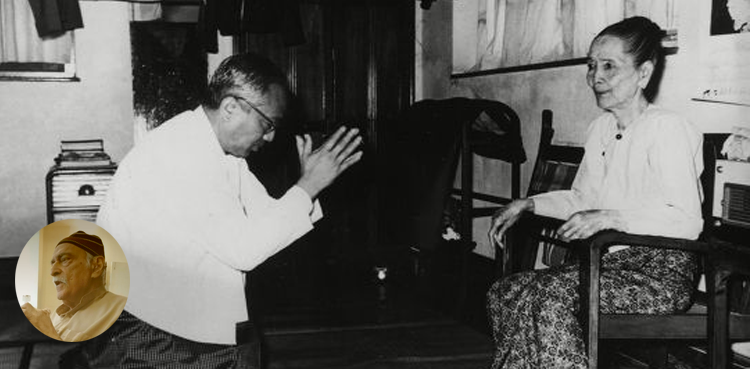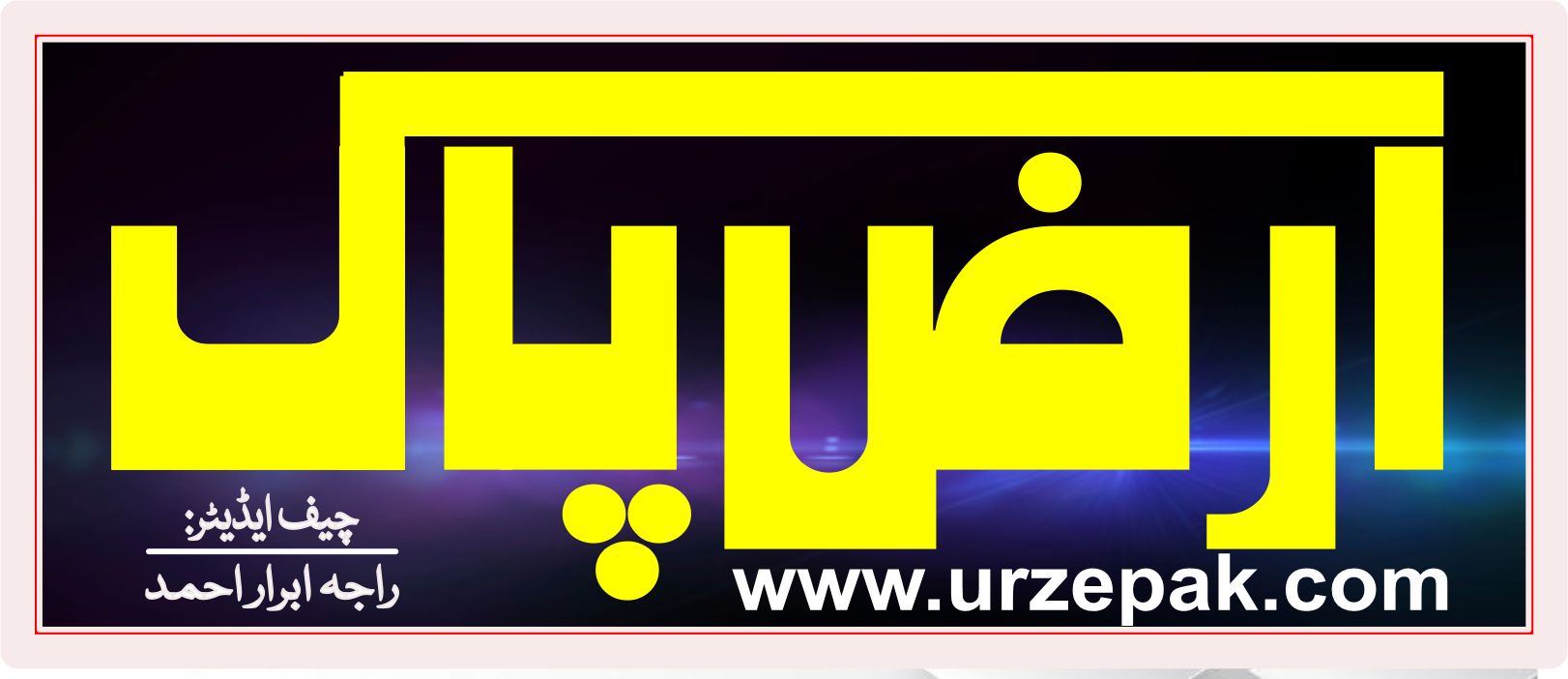
اقوامِ متحدہ کا سیکریٹری جنرل اوتھانٹ ایک سعادت مند بیٹا
مختار مسعود کی تصنیف ‘آوازِ دوست ‘ کئی مضامین اور خاکوں پر مشتمل ہے جن پر انہوں نے خونِ تمنا اور خونِ جگر دونوں ہی صرف کیے۔ یہ نثر پارے بلیغ اور بلند خیالی کے ساتھ اپنے بے حد دل کش اور منفرد اسلوب کی وجہ سے ہمیشہ مختار مسعود کو زندہ رکھیں گے۔
انشاء پرداز اور ادیب مختار مسعود کی کتاب سے ہم وہ واقعہ نقل کررہے ہیں جو ماں اور بیٹے کے رشتے اور اس انمول لمحے کو ہمارے سامنے ایک خوب صورت مثال کے طور پر پیش کرتا ہے جس کا عالمی میڈیا میں چرچا ہوا تھا۔ وہ لکھتے ہیں:
اوتھانٹ اقوام متحدہ کے جنرل سیکرٹری لاہور آئے۔ ان کا استقبال کرنے والوں میں، میں بھی شامل تھا۔ انہوں نے وی آئی پی روم میں کچھ دیر توقف کیا۔ اخباری نمائندے بھی یہاں تھے۔ وہ سوال پوچھتے رہے۔ اوتھانٹ ٹالتے رہے۔ میں دیکھتا اور سنتا رہا۔ یہ انٹرویو مایوس کن تھا۔ بے معنی جملے جو بے ایمانی سے قریب اور حقیقت سے دور ہوتے ہیں۔بے وزن باتیں جنہیں سفارتی آداب کہتے ہیں۔ بے وجہِ چشم پوشی اور جان بوجھ کر پہلو تہی۔ناحق اس عہدے دار کو دنیا کا غیر رسمی وزیراعظم کہتے ہیں۔ یہ شخص تو دنیا بھر سے خائف رہتا ہے اور ہماری طرح سیدھی بات بھی نہیں کرسکتا۔ آٹوگراف بک جیب میں ہی پڑی رہی اور دوسرے دن ان کا جہاز جاپان کے شہر ناگوما چلا گیا۔ بات آئی گئی ہو گئی اور ایک مدت گزر گئی۔
میں جاپان کے اسی شہر میں ٹھہرا ہوا تھا۔ میں نے انگریزی اخبار اور رسالہ خریدا۔ جب اسے کھولا تو اس میں اوتھانٹ کی تصویر تھی۔ وہ برما گئے اور وہاں اپنی والدہ سے ملے۔یہ تصویر اس ملاقات کے متعلق تھی۔
تصویر میں ایک دبلی پتلی سی بڑھیا اونچی کرسی پر ننگے پاؤں بیٹھی ہے۔ معمولی لباس اور اس پر بہت سی شکنیں۔ سادہ سی صورت اور اس پر بہت سی جھریاں۔ چہرہ البتہ مسرت سے دمک رہا ہے۔ اس کے قدموں میں اوتھانٹ ایک نفیس سوٹ پہنے بیٹھا ہے۔ اس تصویر کو دیکھ کر میں سیکریٹری جنرل اقوام متحدہ کو بھول چکا ہوں اور اب ایک سعادت مند بیٹے کی تلاش میں ہوں تاکہ وہ میری آٹو گراف بک میں اپنے دستخط کر دے۔
Abrar Ahmed is not just a journalist — he is a chronicler of his time. A Kashmiri journalist, columnist, novelist, and author, he has spent his life wrestling with ideas, questioning power, and giving voice to the voiceless. Armed with a Master’s degree in International Law, he brings intellectual depth and moral clarity to every piece he writes. His education at the University of Azad Kashmir Muzaffarabad and Quaid-i-Azam University shaped his analytical mind, but it is his lived experience that sharpened his pen.
Abrar has been a tireless campaigner for human rights, equality, and justice, speaking out against oppressive systems of governance and entrenched corruption in many Asian countries. He has consistently raised his voice for the deprived and oppressed people of Kashmir, making their struggle for dignity and freedom heard on global platforms.
Today, he resides in Dublin, Ireland, where his perspective has widened, allowing him to view Kashmir’s pain and the world’s conflicts through a sharper, more global lens.
He is the founder of the Institute of Research for Conflict Resolution and Social Development, Ikhtilaf News Media and Publications, and the Daily Sutoon Newspaper — institutions built not just to inform, but to challenge, to provoke, to awaken. His humanitarian vision led to the creation of the Save Humanity Foundation, a reflection of his belief that words must lead to action.
His books are not mere collections of pages — they are manifestos of conscience:
Tehreek-e-Azadi ke Azeem Surkhaik — a tribute to those who gave everything for freedom.
Corruption ke Keerhay — a fearless dissection of the rot eating away at society.
Masla-e-Kashmir ka Hal: Aalmi Aman ka Rasta — a bold attempt to chart a path to peace.
Pakistan and Azad Kashmir Political System and New System Needed — a demand for reform, justice, and a future worthy of its people.
Through his textbooks Modern Community Development Ideas and Basic Journalism, Abrar has shaped generations, giving young minds the tools to see the world critically and act with purpose.
Born on March 19, 1982, Abrar Ahmed stands as a voice of resistance and renewal. His work is not just journalism — it is an ongoing struggle for truth, for peace, and for a just society. To read him is to confront the questions we are too often afraid to ask, and to believe, even in dark times, that words can still change the world.
